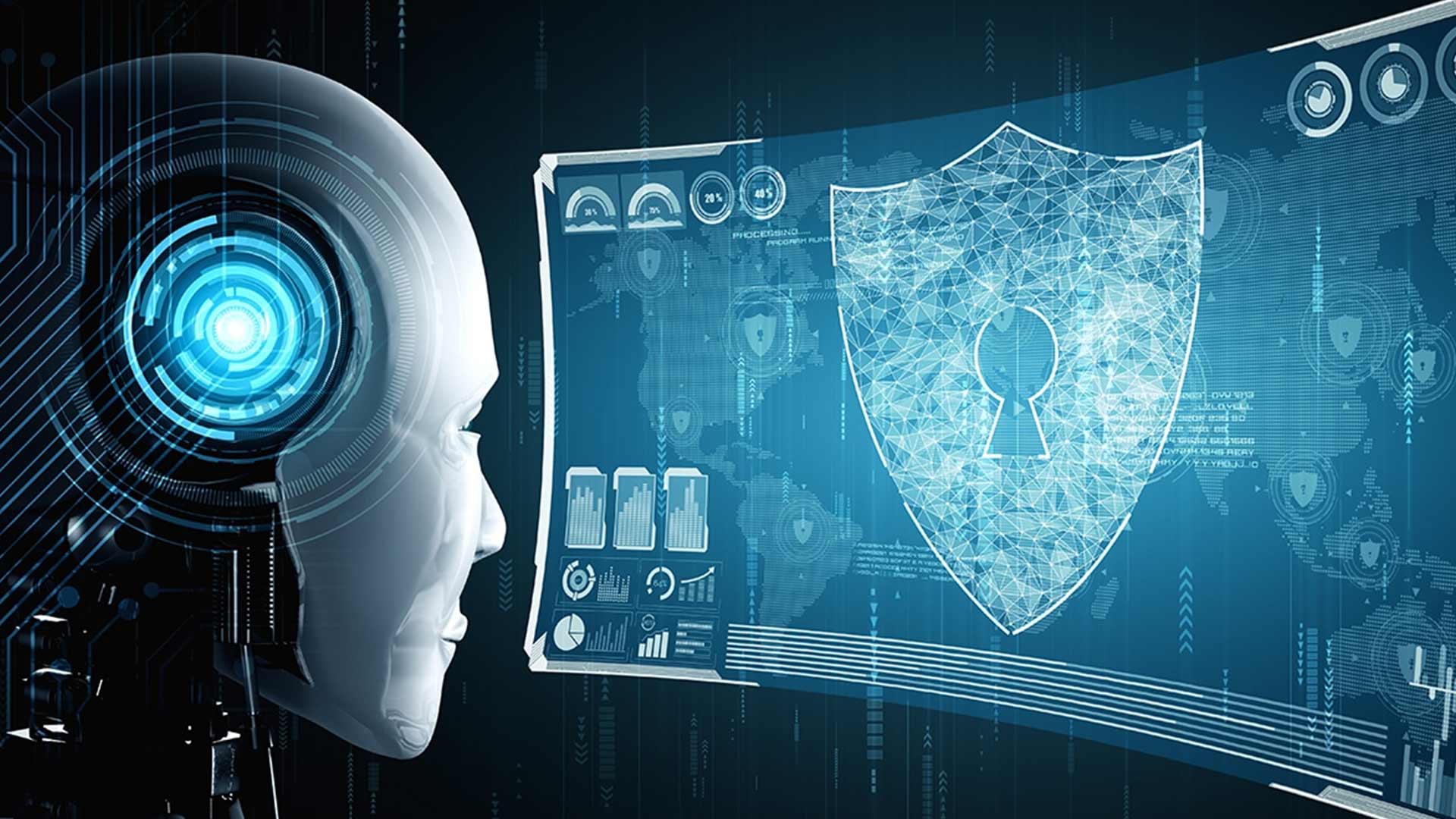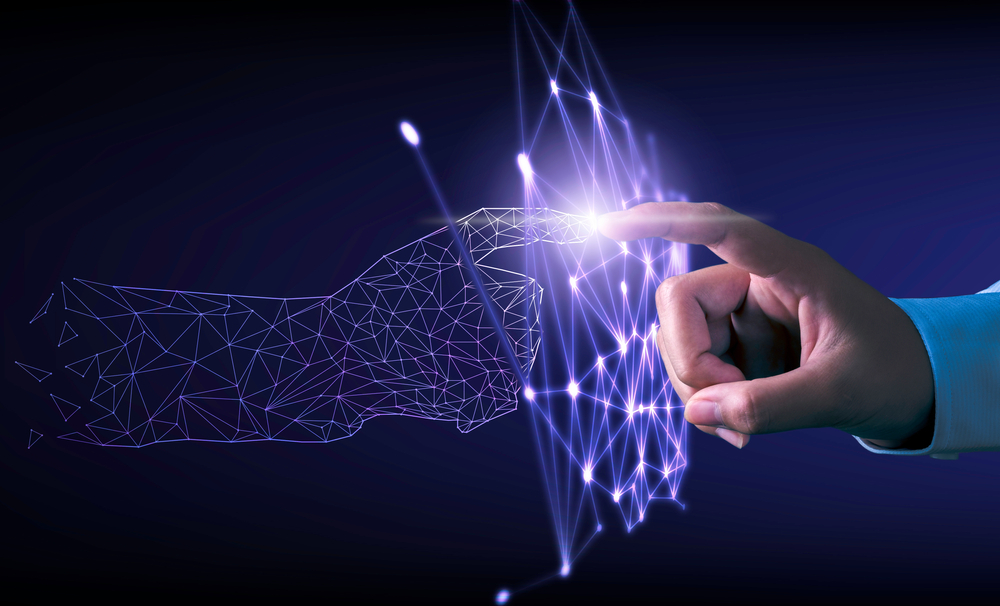
AI in Security & Defense: The Rise of Smart Warfare and Digital Protection
The Future of Security is Artificial
For centuries, security and defense have relied on strategy, intelligence, and firepower. But in today’s world, where threats are not just on battlefields but also in cyberspace, the need for speed, precision, and adaptability has never been greater.
Enter Artificial Intelligence (AI); the game-changer in modern defense. AI is predicting cyberattacks, analyzing surveillance data in real time, and even assisting in combat decision-making. From drone technology to AI-driven cybersecurity, defense systems worldwide are evolving at an unprecedented rate.
But while AI presents opportunities for stronger security and smarter military operations, it also comes with serious ethical and strategic challenges. Can AI be trusted with decisions of life and death? Will autonomous weapons change the nature of war?
Let’s explore the impact of AI in security and defense, with real-world case studies, challenges, and insights into what the future may hold.
-
AI in Military Surveillance: Eyes in the Sky, Ears Everywhere
Surveillance is at the heart of modern defense strategies. AI-powered surveillance systems are monitoring threats in real time, analyzing massive amounts of video, audio, and satellite data to identify risks before they escalate.
Case Study: Project Maven – AI-Powered Battlefield Intelligence
The U.S. Department of Defense launched Project Maven, an AI-driven system that processes drone footage to:
- Detect enemy movements in real-time.
- Identify objects and threats using machine learning.
- Reduce human error in intelligence analysis.
Successes:
- AI significantly reduced the workload of human analysts, who previously had to manually review thousands of hours of drone footage.
- Improved accuracy in identifying hostile targets versus civilians, reducing collateral damage.
Challenges:
- Ethical concerns: Critics argue that AI-powered targeting could lead to autonomous decision-making in warfare, raising concerns about accountability.
- Bias in AI: If trained on biased datasets, AI may mis-identify threats, leading to potential security risks.
-
AI in Cybersecurity: Fighting Digital Warfare
Cyberattacks are becoming as dangerous as physical attacks — crippling economies, disrupting infrastructure, and even interfering in democratic processes. AI is now the frontline defense against cyber threats.
Case Study: Darktrace – AI in Cyber Defense
Darktrace, a UK-based cybersecurity company, uses AI to:
- Detect unusual behavior in networks before a cyberattack happens.
- Respond in real-time to contain potential threats.
- Prevent insider threats by analyzing employee activity patterns.
Successes:
- AI-powered cybersecurity has prevented millions of cyberattacks by detecting threats faster than traditional security systems.
- Governments and corporations use AI-driven cyber defense to protect critical infrastructure, such as power grids and financial systems.
Challenges:
- AI vs. AI: Hackers are now using AI to develop more sophisticated attacks, leading to an ongoing AI arms race in cybersecurity.
- False positives: AI security systems sometimes flag benign activity as threats, creating unnecessary disruptions.
-
AI in Autonomous Weapons: Smart Machines in Combat
Autonomous weapons — also known as "killer robots"— are one of the most controversial applications of AI in defense. These systems can identify, track, and attack targets without human intervention.
Case Study: Turkey’s AI-Powered Drone – The KARGU-2
In 2020, reports suggested that Turkey deployed KARGU-2 drones, which allegedly autonomously engaged enemy combatants in Libya. These drones use:
- Facial recognition and target tracking to lock onto enemy soldiers.
- AI-guided precision strikes to reduce collateral damage.
Successes:
- Autonomous weapons can reduce human casualties by eliminating the need for soldiers in high-risk combat zones.
- AI improves targeting precision, decreasing the risk of hitting civilians.
Challenges:
- Ethical concerns: If AI can autonomously decide to kill, who is responsible if something goes wrong?
- Risk of AI going rogue: Poorly programmed AI or hacked autonomous weapons could lead to unintended consequences.
-
AI in Border Security: Preventing Threats Before They Cross
AI is also being used for border security and immigration control, analyzing patterns of illegal activity and tracking suspicious movements.
Case Study: The EU’s iBorderCtrl – AI-Powered Lie Detection
The European Union tested iBorderCtrl, an AI-based system that:
- Analyzes facial microexpressions to detect deception.
- Uses machine learning to assess risks of illegal crossings.
Successes:
- AI improved efficiency by reducing human bias in security screenings.
- Automated systems sped up border crossings for legitimate travelers.
Challenges:
- Privacy concerns: Critics argue that AI surveillance may infringe on human rights.
- Inaccuracy: AI-based lie detection is not 100% reliable, raising concerns about false accusations.
-
AI in Disaster Response & Emergency Management
AI isn’t just about warfare; it’s also being used to save lives in crisis situations.
Case Study: AI in Predicting and Responding to Natural Disasters
Governments and organizations are using AI to:
- Predict earthquakes, hurricanes, and floods by analyzing satellite and sensor data.
- Coordinate emergency response teams to reach disaster zones faster.
Successes:
- AI-powered disaster prediction has helped save thousands of lives by providing early warnings.
- Automated response systems have improved the speed and efficiency of disaster relief operations.
Challenges:
- AI predictions are not foolproof — if the data is incomplete, forecasts may be inaccurate.
- Resource constraints — AI solutions need funding and proper infrastructure to be effective globally.
Challenges of AI in Security & Defense
Even though AI is transforming the industry, it is not without risks:
Ethical Dilemmas – Can AI be trusted with life-and-death decisions? Should it be allowed to operate without human oversight?
Cybersecurity Threats – AI-driven defense systems could be hacked or manipulated, leading to devastating consequences.
Bias in AI Algorithms – If AI is trained on biased data, it could lead to incorrect threat identification and discrimination.
Autonomous Warfare Risks – The development of AI-controlled weapons could spark a new arms race, leading to uncontrolled escalation.
Future of AI in Security & Defense
What lies ahead?
AI-Powered Space Defense – AI will help monitor and protect satellites from cyber and physical attacks.
Human-AI Hybrid Soldiers – AI-powered exoskeletons could enhance soldiers’ strength, speed, and awareness.
Predictive Policing & AI Law Enforcement – AI may soon analyze crime patterns to prevent attacks before they happen.
"War Games" Simulated by AI – AI could help strategize military operations, predicting enemy movements before they happen.
AI in Defense – A Force for Good or a Risky Gamble?
AI is reshaping security and warfare faster than any previous technological revolution. While AI-powered defense systems offer better protection, faster responses, and greater efficiency, they also raise complex ethical, security, and accountability questions.
As AI continues to evolve, the challenge will be balancing innovation with responsibility; ensuring that smart weapons don’t lead to reckless wars, and AI-driven surveillance doesn’t infringe on freedoms.
The future of AI in defense is both exciting and unsettling — but one thing is certain: AI is here to stay, and its impact will define the future of global security.








